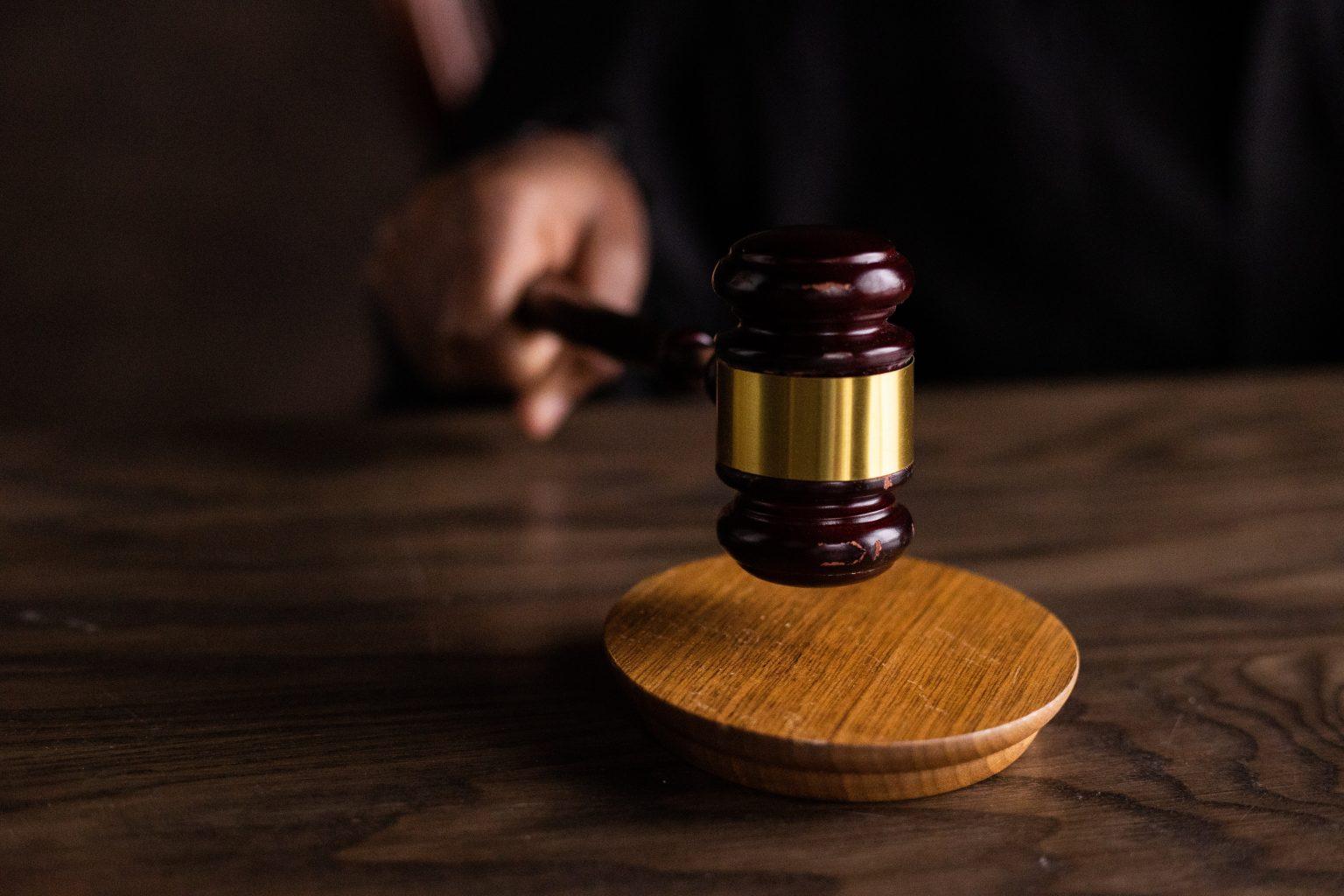Why Do Adults Get Guardianship?
Guardianship in New York is typically sought in situations where an individual is unable to make decisions for themselves due to incapacity. Common reasons for seeking guardianship include:
- Mental illness, when a person has a significant mental health condition that impairs their ability to make informed decisions;
- Developmental disabilities;
- Loss of mental capacity, such as from dementia or Alzheimer’s disease; and in some circumstances
- Substance abuse or physical incapacity.
How is a Guardian Appointed?
In a circumstance where someone has brought a petition for a guardian to be appointed for another person, proceedings will be held to determine if the individual is incapacitated and in need of a guardian and who the most appropriate guardian will be. If a friend or family member has concerns about the proposed guardian’s motives or abilities, they should consult with an attorney of their own regarding the possibility of objecting to the guardian’s appointment. Objections to a guardianship should also be considered if a valid durable power of attorney exists or if the alleged incapacitated person can manage their personal affairs or property on their own.
Guardianship Laws in New York
In New York, guardianship proceedings are governed by Article 81 of the Mental Hygiene Law. Under Article 81, the court will impose the least restrictive form of guardianship that is necessary to protect the individual’s well-being. Additionally, there is a guardianship proceeding under Article 17-A of the Surrogate’s Court Procedure Act, specifically for individuals who are developmentally disabled or delayed. The court will assess the situation, and it’s important for all parties to ensure that the rights and well-being of the individual in question are protected.
Working With a Guardianship Lawyer is Crucial
Given the complexities of guardianship proceedings and the potential impact on the lives of those involved, it is essential to seek the advice of an attorney who specializes in guardianship matters. An experienced attorney can provide guidance on all available relief under New York statutes and help navigate the legal process effectively.









